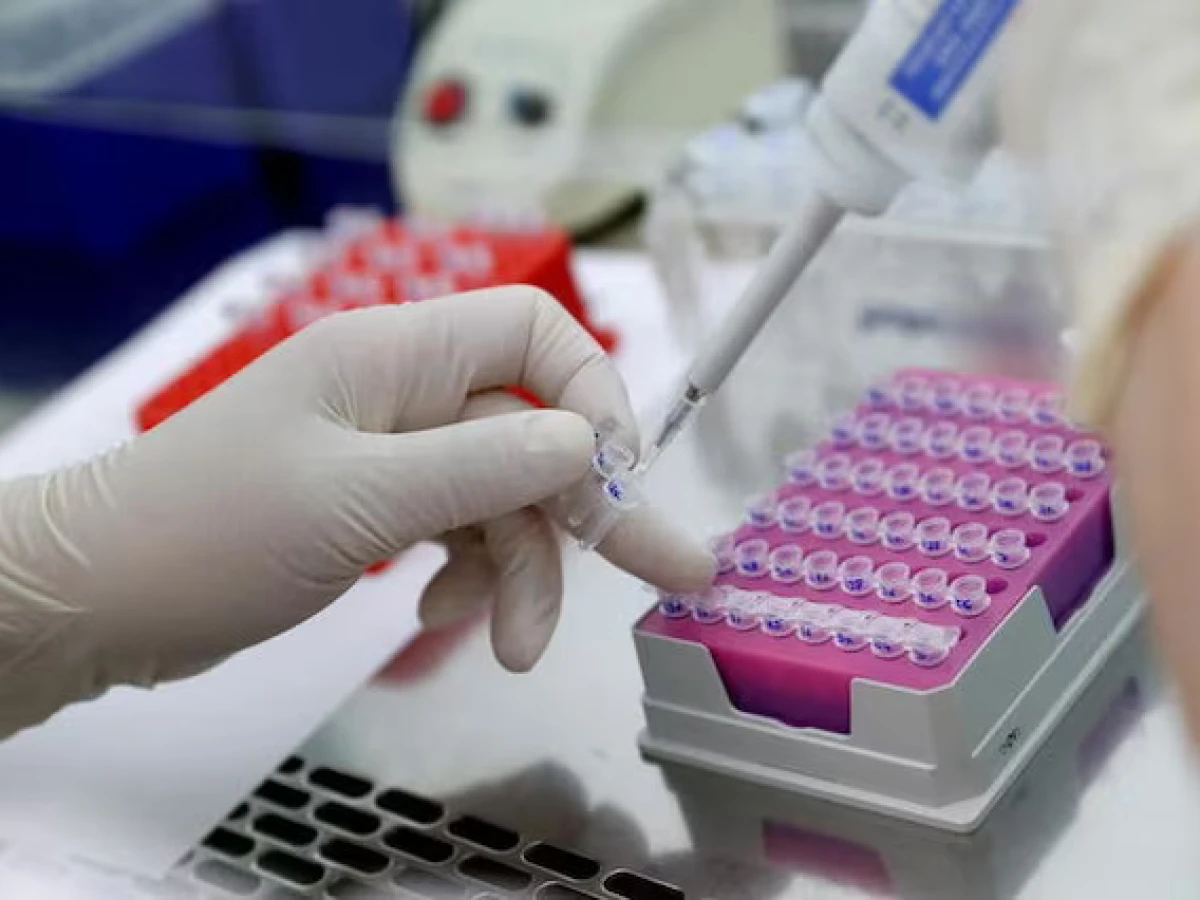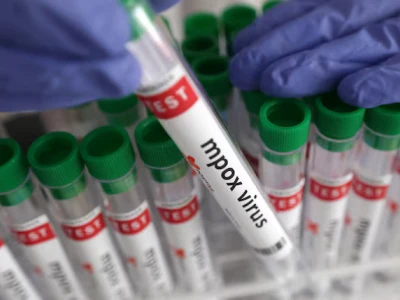
New Pharma will crowd out Big Pharma
The growth of the once bite-sized drugmakers is already creating a hotter climate for takeovers.
LONDON, June 11 (Reuters Breakingviews) - Big Pharma is under threat from tech-driven upstart rivals. The values of large, established players like $159 billion Pfizer, $230 billion Novartis and $216 billion Roche are converging with newer players like $121 billion Vertex Pharmaceuticals. As drugmakers wrestle with the need to constantly replenish their stocks of remedies via deals, big names may struggle to remain relevant.
Big Pharma companies have taken over a century to become market leaders. Swiss giant Roche was founded in 1896, opens new tab, while U.S. drugmaker Pfizer has been around since 1849, opens new tab, when typhoid and scarlet fever were among the biggest killers. Both giants came to dominate the industry by making savvy calls on common diseases, like cancer and infectious ailments. M&A is also a critical part of their growth story – witness Roche’s $47 billion takeover of Genentech in 2009, and Pfizer’s $43 billion purchase of cancer specialist Seagen, opens new tab in 2023.
But now a new breed of tech-savvy drugmakers, once the obvious prey of their established rivals, are threatening their dominance. Over the past five years, Amgen, Regenero,n Genmab, and Vertex have added $270 billion to their combined market values. That compares to Big Pharma firms like Pfizer, Novartis, GSK, Sanofi and Roche, whose aggregate market value has declined by nearly $80 billion in the same period.
The growth of the once bite-sized drugmakers is already creating a hotter climate for takeovers. Last year, opens new tab, the value of biopharma M&A increased by 79% to $152 billion. In 2022, $164 billion Amgen, which is now roughly the same size as Pfizer after increasing fivefold since 2010, splurged $28 billion on Horizon Therapeutics. Analysts reckon Horizon had been on a list of deal targets for more established players for some time.
This increased competition comes at a particularly inopportune moment for executives from traditional drugmakers like Pfizer, Merck and GSK, all of which will gradually lose patent exclusivity on some of their top-selling drugs. Merck’s patent on its cancer drug Keytruda, which delivered over $25 billion in sales in 2023, opens new tab, expires in four years. The United States’ Inflation Reduction Act also gives biologic drugs, which are created by using living cells and were historically made by smaller technology-driven drugmakers, longer patents than more established drugs like insulin and antihistamines. That puts an even greater value on the companies that make those newer products.
Deals are often the quickest way of replenishing a drug cupboard. But if there is increased competition, the price of smaller drugmakers will spike. AbbVie’s $10 billion purchase of ImmunoGen earlier this year included an eye-watering 95% premium, suggesting the trend is already in full swing. There are also fewer obvious targets to choose from. In 2022 new drug approvals in the U.S. were down by a quarter, to the lowest level since 2016. Eventually, today’s Big Pharma and their biotech challengers may swap places.




